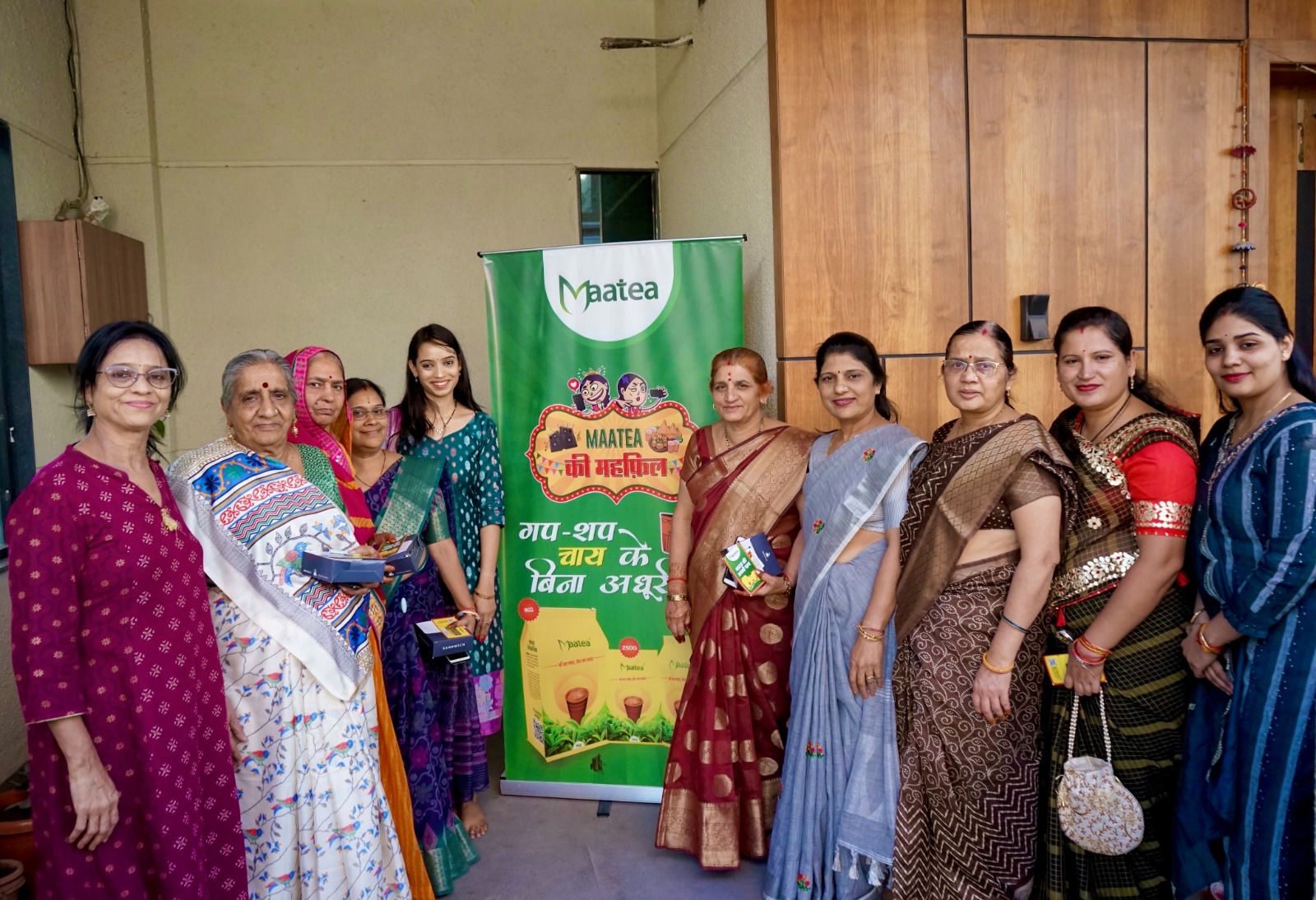The University of Cambridge sets and grades the International General Certificate of Secondary Education (IGCSE), a two-year course of study. In class X, Indian students take the IGCSE final exam from the March series. The program is demanding and places a strong emphasis on independent learning and understanding through application.
some simple tips for making Studying for an IGCSE can be made easier
Table of Contents
1. Focus on long-term learning
The day before a class test or simulated exam that your teachers have set may find you studying. Flipping through your textbook, study guide, class notebook, and your sister’s handwritten notes, you’re hastily trying to cover everything you can. In the limited time available, it can be difficult to choose what to concentrate on and what to skip. You are aware that this cannot continue. When the next test comes around, you make plans to study more thoroughly, but you end up repeating the same mistakes. Does that ring a bell? To me, it was.
Here is what to do. Reframe your thinking. Just keep the result in mind as you study for the subsequent exams after the one mentioned above. The Cambridge final examinations are the culmination of all the learning and testing. For the upcoming test or prefinal, you are not studying. It doesn’t matter how well you do on your school tests if you don’t perform well in the final. Everything is working toward the result. Your approach to studying may change if you keep this in mind.
2. Research from various sources
You most likely utilize a textbook that has been suggested by your school both in class and for home study. It doesn’t harm, however, to look at further sources. The issue is that Cambridge establishes the curriculum, and several companies produce textbooks based on this curriculum. Each book could have a different stance on the subjects it covers and how the information is laid up. I’ve noticed that some books downplay or even completely skip over certain subjects. This can leave you in the dark and leave you with knowledge gaps if you’re just utilizing that one textbook. You may fill up such knowledge gaps and improve your understanding of the subject and specific issues by doing more research. It could also provide an alternative explanation of concepts covered in your publications. This alternative explanation may help you comprehend a subject you previously believed you understood, making you more knowledgeable overall. A greater variety of practice questions may be available for you to use to improve your knowledge from various sources.
These other sources may comprise:
- Additional textbooks from other publishers (avoid multiple editions of the same textbook as these are almost identical to the previous editions)
Internet notes
- Videos on YouTube
- Friendship notes (perhaps in other schools)
3. Review old tests
You may study for six or eight hours a day, but you should put your knowledge to use afterward. You should often complete old exams to monitor your progress and ensure that you are focusing on the most crucial subjects (topics that frequently appear in the exam). It resembles a real-life training exercise or simulation for the big day. Because you haven’t yet studied the whole course, starting prior papers may be challenging. You should complete the chapter-specific test questions included in the majority of textbooks. Additionally, search for websites that provide practice tests broken down by chapter or subject.
However, you should also look through the whole prior exams and make an effort to notice the question formats and patterns. The bulk of test questions don’t ask you to cite specific passages from the book; instead, they ask you to use your knowledge to respond to a query or make-believe scenario. Compared to other Indian boards, the IGSCE is the only one that offers this kind of question paper. Therefore, researching the subject calls for a distinct strategy. Practicing old exam questions can help you improve this ability. You’ll also start to realize that a lot of the questions have a similar structure but different themes and examples. If you have already completed tests, these questions might get you easy scores.
However, I would advise against taking on too many papers. A healthy balance of content study and question practice is necessary. Your instructor may often use questions from previous exams in tests and practice exams. Knowing that document will help you, and not knowing it will hurt you. You won’t get a true image of your abilities from this, and it can even give you an overly positive or depressing impression of yourself.
Exams for schools can include a lot of the same questions. You don’t want to get points just for providing an identical response to the exact question. Applying what you’ve learned to the question will help you score points.
4. Concentrate in class
Even though it’s difficult for you to focus in class, you should pay attention. Every minute of your life is valuable, so since you’re already seated in class, you may as well listen to the instructor and learn the topic. It may be used as the initial introduction to a new subject or, even better, as a review of a previously learned subject. The instructor will be more eager to assist you since they see that you are a student who is interested in the topic and that you have real concerns and questions. Additionally, they are more likely to give you a favorable grade for excellent work, which may be beneficial for exams or teacher-marked sections of the course. Last but not least, ignoring a teacher when they are lecturing is just disrespectful!
5. Learn about your initiative.
Learn to do independent research on the issue. Teach yourself how to read, reread, and comprehend the material in textbooks. Use additional resources, as advised in Tip 2, to comprehend a challenging idea. Independent thinking is a crucial trait outside of IGCSEs as well. Being independent is advantageous since it forces you to accept the possibility that your trip may not be flawless. While some of your professors may be excellent, not all of them will be smart and motivated. You can have an effective school or one that is badly run and becomes more of a rival than a friend. However, if you are a self-motivated and autonomous learner, you may control this process. The IGCSE is not too difficult to complete without assistance. Online resources abound, and independent learning is certainly doable. Ask for assistance when you need it, of course, but the thrill of learning something on your own will make the additional effort worthwhile.
6. Keep up with the times
Staying ahead of the class is a smart idea, particularly in areas you find challenging. This does not imply that you should study your chapters many times and answer a tonne of questions from previous exams. Reading from the textbook to have a general sense of what will be covered the next week might be all that is required. This may aid in your understanding of the teacher’s words. Reading in beforehand enables you to be ready with inquiries concerning challenging ideas that you may make to your instructor during the class. If your school is behind on the curriculum and is rushing to complete everything at the last minute, it may also be helpful to you. You’ll be able to tell when you’ve given yourself enough time to master each subject.
Here is a quick guideline to assist you in better organizing your study time: Each of your eight subjects’ syllabi may seem colossal and intimidating. It could seem like there is much information to remember. Instead, consider the section for each topic as a collection of several notions with supplementary information. Then, you may gradually increase your understanding of the “additional details” after initially learning the principles. Once you’ve done this, you could begin to believe that you can respond to most test questions with ease. Additionally, because you won’t feel like you’re pushing a tonne of knowledge into your head, you’ll feel less pressured.
7. Have high expectations
While earning As and Bs is OK, aiming just for As and Bs is not. Everyone should strive to achieve all A*s in their classes because even if they don’t, they will know they gave it their all and could even surprise themselves. To stay motivated, I created my own set of higher Grade Thresholds that encouraged me to get greater grades rather than adhering to the actual ones. Grade Thresholds are crucial to understanding IGCSE but are not required until after you have taken all of your examinations since they vary every time. Avoid settling for too long because if you have time to settle, you have time to improve.
8. Find your next online course by searching
International Home Study takes pleasure in connecting education in more than 130 nations throughout the globe.
Our online courses are appealing to both UK students and those from other countries since they may be taken from any location. You can study whenever you want and at any location as long as you have an internet connection.
We can provide an international version of GCSEs and A Levels so that exams may be taken anywhere in the globe. You will have access to your student portal around-the-clock as a student, allowing you to study for your course online with the aid of your tutor.











